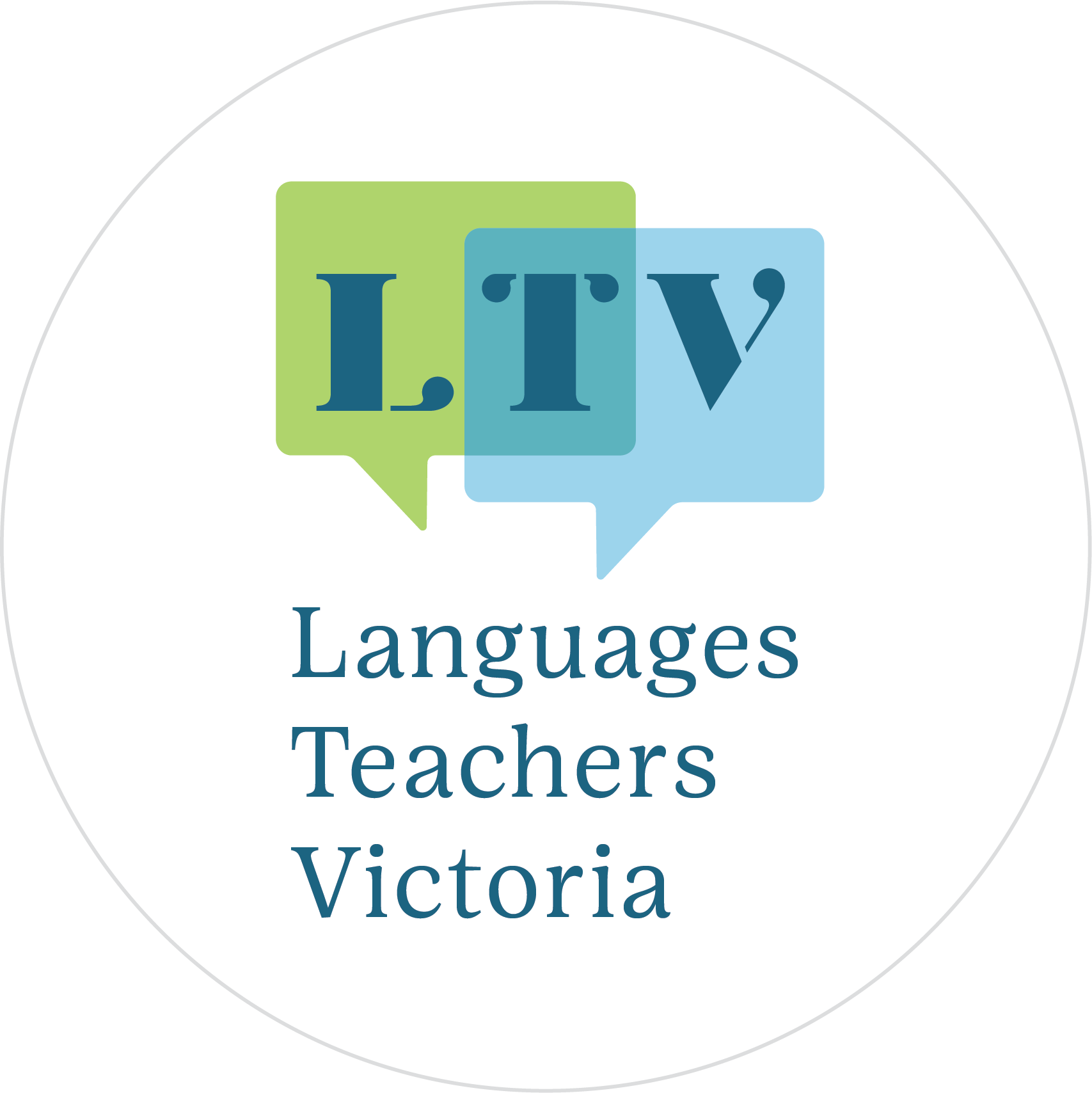Empowering Language Learners: Integrating AI for Enhanced Autonomy and Growth
Mark GabrieleSimonds Hall
This presentation explores how AI can empower students in the second language learning classroom, from Foundation to VCE, by offering personalised feedback, tailored learning experiences, and tools for self-directed improvement, giving them greater authority over their academic progress. By harnessing AI, language learners at various levels can engage in more targeted practice, receiving immediate feedback on grammar, pronunciation, and vocabulary, while having the freedom to explore cultural contexts and refine their linguistic skills autonomously. Teachers play a crucial role by setting clear learning boundaries and ensuring AI is used ethically and responsibly. They guide students to use AI not as a crutch but as a tool for deeper language acquisition, problem-solving, and critical thinking, with applications varying according to grade level. For younger students, AI can support foundational language skills through interactive exercises and games, while older students may use it for more advanced tasks such as essay writing and nuanced conversations. Building trust and rapport between students and teachers is key to the successful integration of AI in language learning. By fostering an environment of transparency and collaboration, teachers can demonstrate how AI enhances linguistic progress while maintaining human connection and support. Regular check-ins, formative feedback, and open discussions about AI’s role ensure effective tool usage, balancing independent learning with guided instruction. This approach creates a dynamic second language classroom where AI supports language development and teachers remain essential mentors throughout the learning journey.

